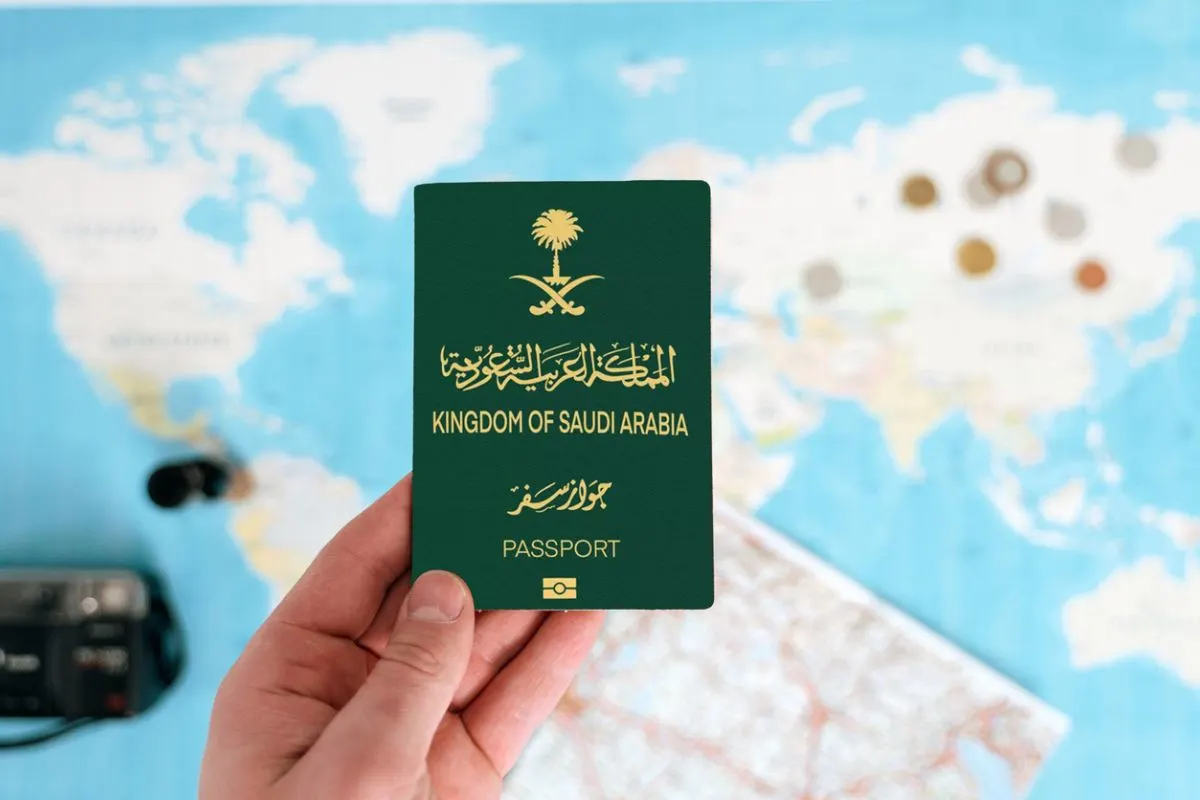Saudi Arabia has introduced a key change to how foreign workers are handled after their contracts end. As of July 31, 2025, employers can no longer mark a worker as “absent from work” right after termination. Instead, they’re required to wait 60 days, provided the worker’s Iqama (residency permit) remains valid during that period.
This new rule introduces a much-needed buffer period for both foreign workers and employers, particularly at a time when their legal status and next steps can be uncertain.
What’s New: 60 Days Before ‘Absent’ Status Kicks In
Saudi Arabia’s labour platform, Qiwa, has rolled out a quiet but meaningful shift in how it handles employment termination for foreign workers. Here’s the core of it:
1. No immediate absence marking: Employers must wait 60 days after a contract ends to mark a worker as “absent,” but only if the worker still holds a valid Iqama.
2. Only valid Iqamas qualify: The grace period applies only if the worker’s Iqama is valid for at least 60 days beyond the contract termination.
3. Digital enforcement via Qiwa: Everything is logged and monitored through the Qiwa system, which connects with Saudi Arabia’s Ministry of Human Resources (MHRSD) and Ministry of Interior.
What Foreign Workers Can Do During the 60-Day Window?
Instead of being instantly flagged as “absent” and risking penalties, workers now get two full months to figure things out. Their options include:
- Rejoining their current employer (if invited back)
- Transferring sponsorship to another employer through the Qiwa system
- Exiting the Kingdom legally
If none of those options are acted upon by Day 60, the system steps in. The worker is automatically marked “absent from work”, removed from their employer’s records, and flagged for follow-up by authorities.
Why This Matters for Foreign Workers
This update isn’t just a technical tweak; it could be the difference between staying in legal status and suddenly falling out of the system.
- More time = fewer illegal overstays: Workers aren’t rushed into risky decisions or forced into undocumented status while waiting for a new job or exit visa.
- Better job mobility: With the grace period, workers can use the time to transfer sponsorships more smoothly using Qiwa’s digital tools.
- Proof of employment: Qiwa Individuals allows users to instantly download employment and salary certificates, which helps when applying for jobs or exit permits.
Why Employers Should Care
Employers get breathing room, too. If a contract ends and a worker doesn’t show up the next day, they can’t just flag them as absent. They now need to:
- Wait out the 60 days
- Ensure the employee’s Iqama remains valid
- Let the system manage official absence status
This reduces false “absence” reports and protects companies from premature filings or administrative penalties.
A More Transparent Labour Market
This move is part of Saudi Arabia’s ongoing labour reform push, especially under Vision 2030. Recent updates include:
- Salary protection schemes
- Digitised employment contracts
- Standardised dispute resolution
The 60-day rule adds a humane, structured step into a process that used to be murkier. It helps stabilise transitions, prevents status loss from clerical errors or bad timing, and ensures digital records stay accurate.
FAQ: Life Under the New Qiwa Grace-Period Rule
1. Does this apply to domestic workers like housemaids or drivers?
No. This rule currently applies only to workers under the Qiwa platform, which excludes domestic labour.
2. Can an employer extend the grace period beyond 60 days?
No, the 60 days are fixed. After that, the system will automatically update the worker’s status.
3. What if the worker’s Iqama is expiring soon?
If the Iqama has less than 60 days of validity left, the employer cannot use the absence reporting feature at all.
4. Can a worker leave and return during the grace period?
Not without a valid exit/re-entry visa. Exiting without finalising status in Qiwa could result in being marked as “absent” later.
5. Is this grace period visible to the worker in Qiwa?
Yes. Workers can track their status and time remaining directly through their Qiwa Individuals portal.
Final Thought
Saudi Arabia’s new 60-day rule isn’t flashy, but it’s practical, and that’s what foreign workers need. It gives structure to an uncertain moment and reduces the risk of falling through legal cracks. For a country trying to modernise and humanise its labour laws, this is a solid step forward.
To get daily travel news & updates, follow us on Facebook, X (Twitter), LinkedIn, Instagram, or Threads.
